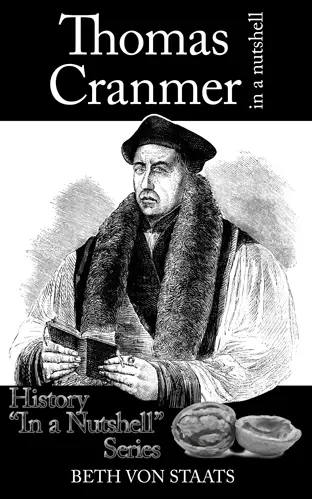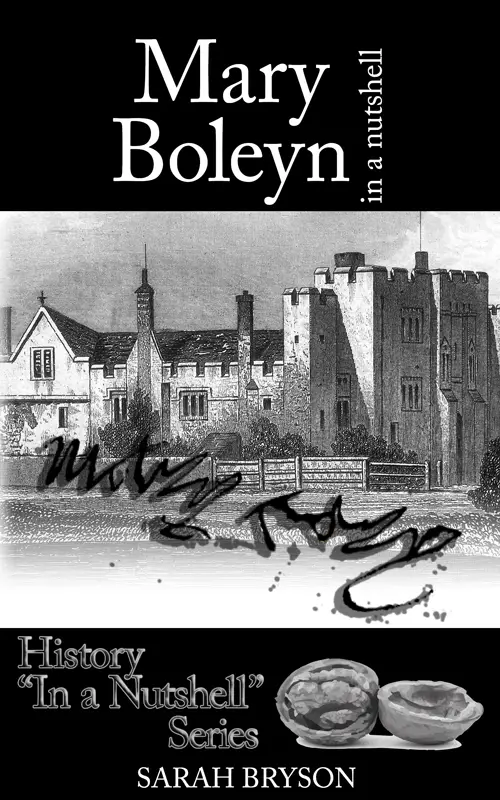 At 11 o'clock on the night of 21st April 1509, King Henry VII died at Richmond Palace. It was not a sudden death, the king had been ill for some time and had shut himself away at Richmond since January.
At 11 o'clock on the night of 21st April 1509, King Henry VII died at Richmond Palace. It was not a sudden death, the king had been ill for some time and had shut himself away at Richmond since January.
John Fisher, the future Bishop of Rochester, recorded details of Henry VII's last days for a sermon. The king died a good Christian death but his last days were far from peaceful, they involved confession, prayer, weeping and a dying man trying to bargain with God, pleading with God that he would be a changed man if God sent him life. Fisher writes of how he received the sacrament of penance "with a marvellous compassion and flow of tears, that at some time he wept and sobbed by the space of three quarters of an hour."
Fisher goes on to describe how Henry prepared himself for death:
"That same day of his departure he heard mass of the glorious virgin the mother of Christ to whom always in his life he had a singular and special devotion. The image of the crucifix many a time that day full devoutly he did behold with great reverence, lifting up his head as he might, holding up his hands before it, and often embracing it in his arms and with great devotion kissing it, and beating often his breast. Who may think that in this manner was not perfect faith, who may suppose that by this manner of delaying he faithfully believed not that the ear of almighty God was open unto him and ready to hear him cry for mercy, and assistant unto these same sacraments which he so devoutly received, and therefore in his person it may be said 'Quia inclinauit aurem suam michi',"
The Latin is taken from Psalm 114 and means "Because he hath inclined his ear unto me".
Fisher's account, which goes on for pages, is one of a man in agony "not for the dread of death only, but for the dread of the judgement of almighty God" and it is actually quite upsetting to read. Henry VII was obviously panicked by what would happen to his soul after his death and was praying for mercy and deliverance. In his sermon, Fisher was using the king as an example of how worldly pleasures and vanity cannot bring us any comfort at the end.
Henry VII's death was kept secret for a couple of days and then it was announced to the Knights of the Garter at their annual St George’s Day Feast on 23rd April and then to the public on 24th April. The fifty-two year old Henry VII had ruled for over 23 years and was able to pass the throne on to his seventeen-year-old son, Henry, who became Henry VIII.
The King is dead, long live the King!
Notes and Sources
- The English works of John Fisher, published for the Early English Text Society, by N. Trübner & Co. in London, 1876, p274-288. You can read this online at https://archive.org/stream/englishworksjoh00mayogoog#page/n318/mode/2up



I thought he left his throne to his son Arthur who married Catherine of Aragon and then died.
No, Arthur was already dead. Arthur died in April 1502 while he was still Prince of Wales.
that’s true Arthur died before his father died.
Arthur had died during the Kings lifetime leaving Henry the heir. Arthur had married Catherine of Aragon but it is believed that he died before the marriage could be consummated that is why Catherine was given a dispensation by the Pope to marry Henry. Setting up the crisis when Henry thought the divorce and annulment.
Arthur (died just before) turned 16 , Catherine was also a minor at the time .Because of this- the agreement in Medina Del camp was that Arthur And Catherine would marry when both of them were of age.They had an agreement for the time being that would see them as ‘married’ but not officially.However because Arthur died before this was possible- the agreement was to be changed to be Catherine and Henry VIII.
Do you think that he was afraid that he would be punished for not being the rightful king and that he killed Perkin Warbeck and Richard III?
I always thought that he lived with a lot of guilt. Yet he was no where near the monster that Henry VIII was!
No, I think it was just usual Catholic guilt. John Fisher was using Henry VII as an example in a sermon so he was emphasising how material gain could not help a man when he was facing death. It was simply a dying man trying to ensure that he was right with God.
Henry Tudor didn’t kill Richard iii, he defeated him with the help of the Stanleys, but Henry was behind a protective line of Welsh pikemen and Richard was killed when he was driven back, came of his horse and fighting on foot he was overwhelmed by Stanley’s men. A Welshman killed Richard, not Henry Tudor, called Rhys ap Thomas. Henry had his body thrown over a horse and taken back to Leicester, displayed naked for two days and then burried hastily in Greyfriars Church, with only a simple service for his soul and then forgot about him for ten years. However, we do have records that Henry had a tomb raised over Richard’s grave so perhaps he did feel some pity for his rival. I doubt that Henry felt he had no right to the crown as this was the entire myth that he wove after his victory at Bosworth. Henry saw himself as a deliverer and Richard as a tyrant to be replaced. His claim may have been slim but he saw himself as crowned by God. I don’t think he cared about getting rid of Perkin Warbeck either, although he possibly regretted Warwick’s death. What he would be expressing at the end of his life was a desire for forgiveness of all of his sins as he faced divine judgement. Kings perhaps more than anyone need mercy as they are often forced to make terrible decisions to keep their realm safe.
it is kind of confusing…when Arthur dyed how old was Henry and when did
he merry Catherine of Aragon…if Henry was 7 years old he waited how many years to marry Catherine?
Arthur died in April 1502 so Henry VIII was 10 when he died – his birth date was 28 June 1491. Henry was seventeen when he became king and he married Catherine in June 1509, just two months after his accession and just before his 18th birthday.
Henry’s death is also covered in my play Henry VII. See the website below
Hi back to Henry Vll,he may not have had an entire right to the throne but but he deserved it,waiting so long for his mother, Margaret Beaufort was a descendant of John of Gaunt, very accomplished son Edward IIi.The Beauforts fought bravely for Henry Bolingbroke,HenryV and henryVI. Henry Tudor suffered more than most at the hands of the Yorkists for nearly all of his life,chased from pillar to post.But how he loved his wife Elizebeth of York and his children planning great marriages for them joiining England,France Spain and Scotland.His grandaughter Elizabeth I made sure that the throne of England went a responsible and Protestant successor James I also descended from a Henry Tudor ….but that is another story
Does anyone know if Henry passed through Melton Mowbray on his way to Stoke Field in 1487 please? I live in Melton now and I have heard he came here in 1487 and I can think of no other reason why he would have come!
Hi Alison
Did you ever get a reply to this question?
I also live in Melton, and constantly see statements (Melton Council promotions) that the Great North Road was ‘diverted’ through the town from 1194 (Richard I’s documented visit) and 1487. Is there ANY evidence for this?
Regards
Tim Heaton
I don’t think Henry felt any guilt at all about the death of Richard III. I think he felt quite a lot of guilt about “Killed while escaping” deaths of Perkin Warbeck and Clarence’s son. The boy was still a minor. The Spanish monarchs had made it clear that he was considered a threat to the Tudor throne and that his existence was an obstacle to Catherine of Aragon’s marriage to Prince Arthur. To clinch the marriage Henry gave in and organise the death of the Plantagenet male heir. For a marriage that lasted 6 months. I think this is what haunted him.